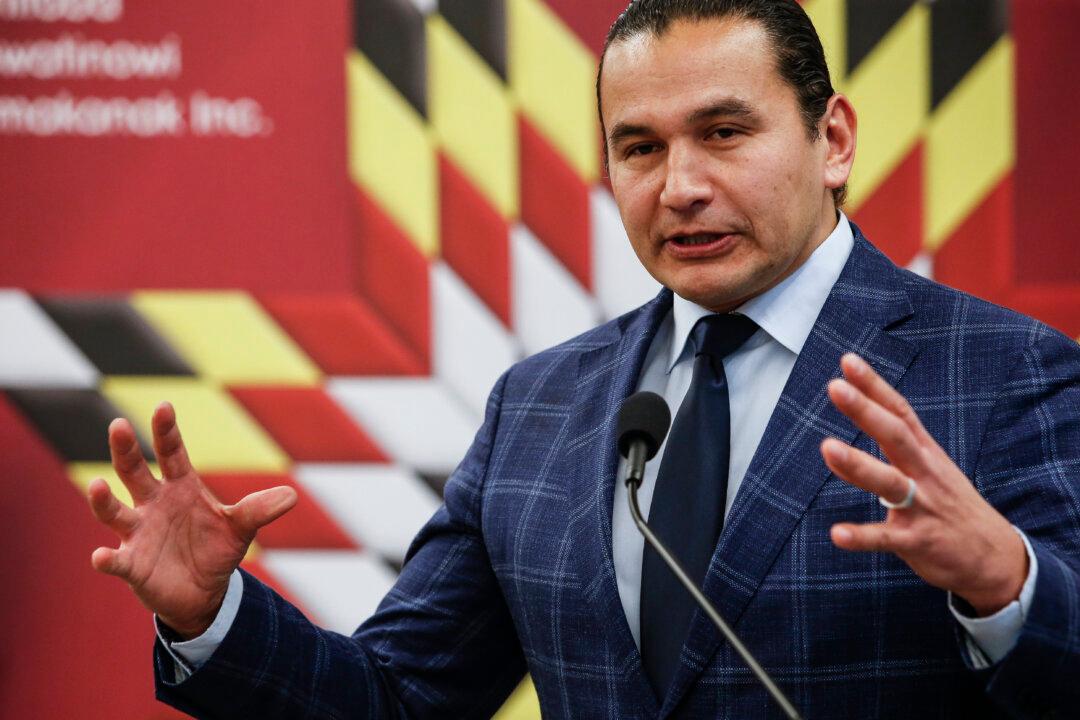The Manitoba government has launched a plan to “end chronic homelessness” by moving encampment residents into housing, including more than 300 social units added by the province.
The plan, set to roll out in February, involves working in collaboration with the City of Winnipeg to move one encampment at a time into new social units, with access to supports including mental health and addiction services.





